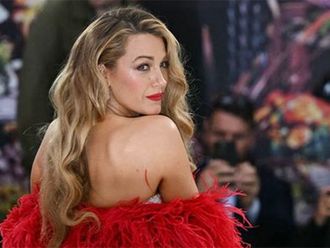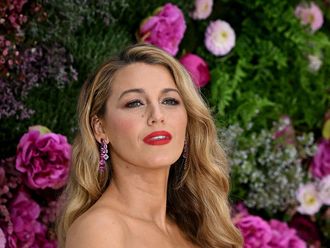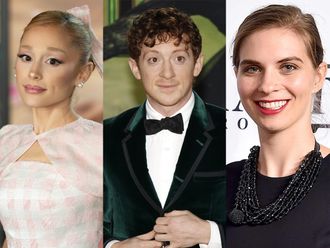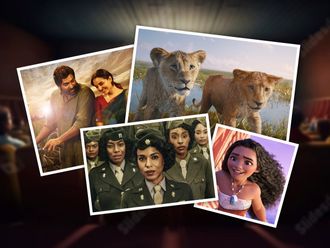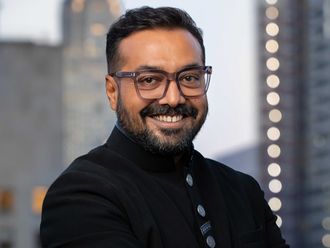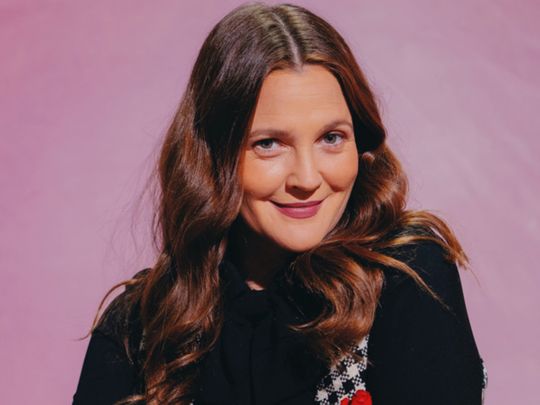
It is Drew Barrymore’s birthday, which means it is everybody’s birthday.
Moments after bursting into her Midtown talk show studio on a late February morning and announcing she is 'tripping' over the palindromic date - 2-22-22, which makes her 47 years old - Barrymore wishes a happy birthday to each crew member who says it to her. “I have to say it back,” she explains. “ ‘Thank you’ is really exhausting.” They accept the explanation. Why wouldn’t they? It’s classic, silly Drew.
A few hours later, the milestone appears to have a more sobering effect on her. Seated across from Joseph Gordon-Levitt, Barrymore asks her guest, also a former child actor, how he learned to develop boundaries in such an intense, high-profile industry.
It took her decades to start doing so, she says, describing it as 'an honor to be in my 40s and fall in love with a notion I should have known as a child but didn’t.'
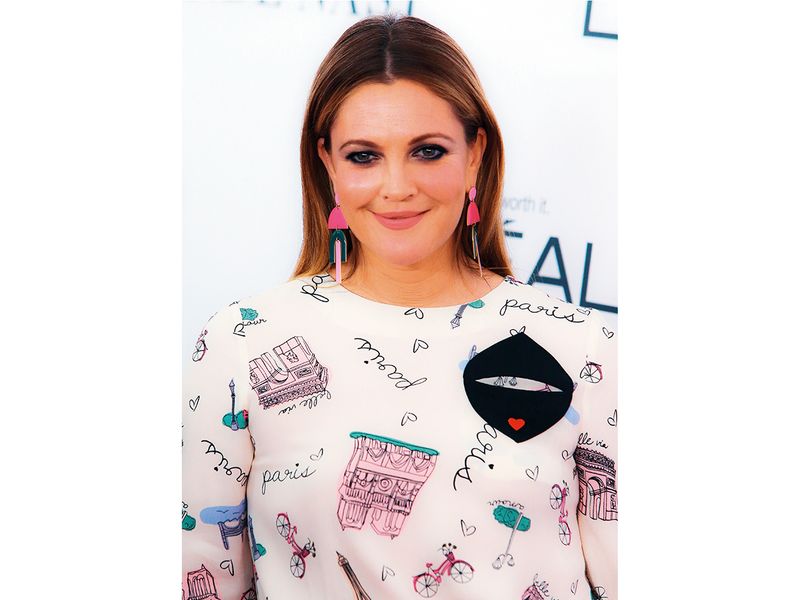
In its two seasons, 'The Drew Barrymore Show' has proved to be a chaotic mishmash of daytime television antics and unexpectedly moving moments. A nail-painting session with musician and beauty entrepreneur Machine Gun Kelly turned into a frank discussion of parenting and vulnerability in the public eye.
In another episode, Barrymore began to cry while chatting with 'Queer Eye' personality Bobby Berk ahead of a first date, worried she didn’t know how to handle dating as a divorced, single mother.
“She is just unapologetically fearless and spontaneous,” said Elaine Bauer Brooks, executive vice president of development and multiplatform content at CBS. “She will share it all, show it all, reveal it all.”
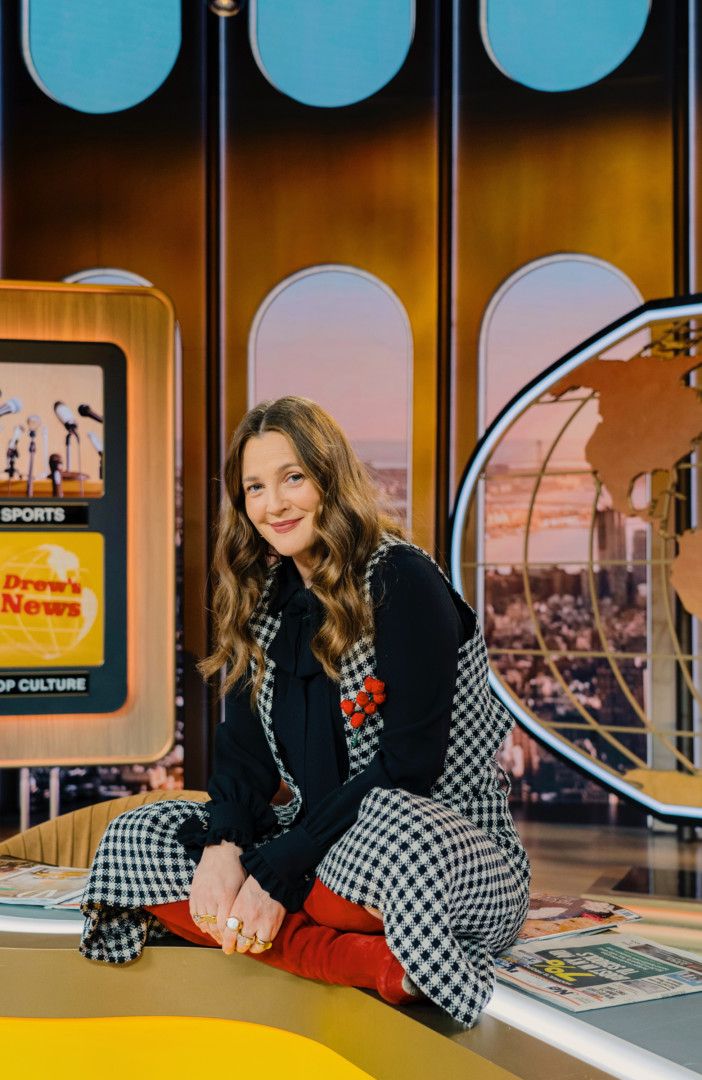
Barrymore’s birthday marks yet another year of navigating life in the spotlight, a journey she began as an infant. The actress-turned-host often references her turbulent childhood in a winkwink sort of way but adopts a more sincere tone when discussing how it has informed her approach to adult life.
While the show stretches her creatively, it was the steady schedule that attracted her most. She wanted to make it home for dinner, to provide her two young daughters with the sense of stability she rarely experienced.
Recently renewed for its third season, 'The Drew Barrymore Show' launched mere months into the coronavirus pandemic, when studio productions were still scrambling to figure it all out. But for Barrymore, who speaks to The Washington Post while folded up on a couch in her CBS Broadcast Center dressing room, the timing couldn’t have been better.
“I was ironically making changes in my own personal life that were really helping me believe that people can change. I wasn’t as much of a prisoner to my own demons,” she says.
“I was so happy to be free of that for a change and feel like, whatever comes my way, I’m going to figure out how to handle it rather than feel under threat. I mean, that’s a good time for something like this, right?”
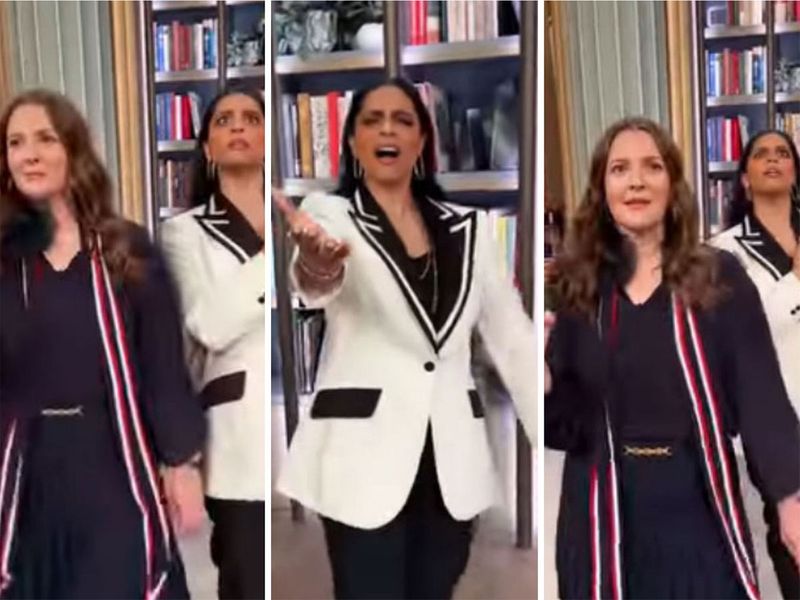
Barrymore’s show is designed to be an extension of her persona: bubbly and welcoming with a hint of self-awareness.
In the realm of daytime television, she’s far from an Oprah Winfrey, more likely to seek advice from guests than to dole it out herself. She invites on plenty of celebrity friends but doesn’t veer toward an Ellen DeGeneres prank vibe, either, prioritising the guests’ comfort over all else.
She says she is “going to die the day I step in it and do something wrong and offend someone or, you know, take a misstep.”
“I love people,” she adds. “I care about them, and I have their backs, and I want to do this for them. This is not for me. And I swear to God, if you’re not selfless in a job like this.”
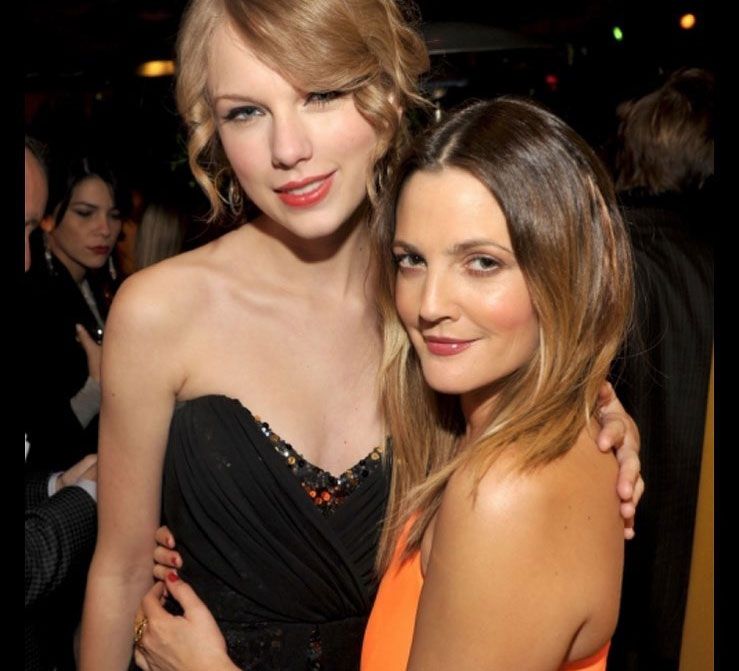
After Machine Gun Kelly expressed that he was having a “really weird day,” Barrymore switched gears and recounted her own mental health struggles. He opened up. But she knows when to cede the floor; when interviewing Dylan Farrow about her childhood sexual assault allegations against her father, Woody Allen, Barrymore granted Farrow the time to unravel her thoughts and the space for them to breathe.
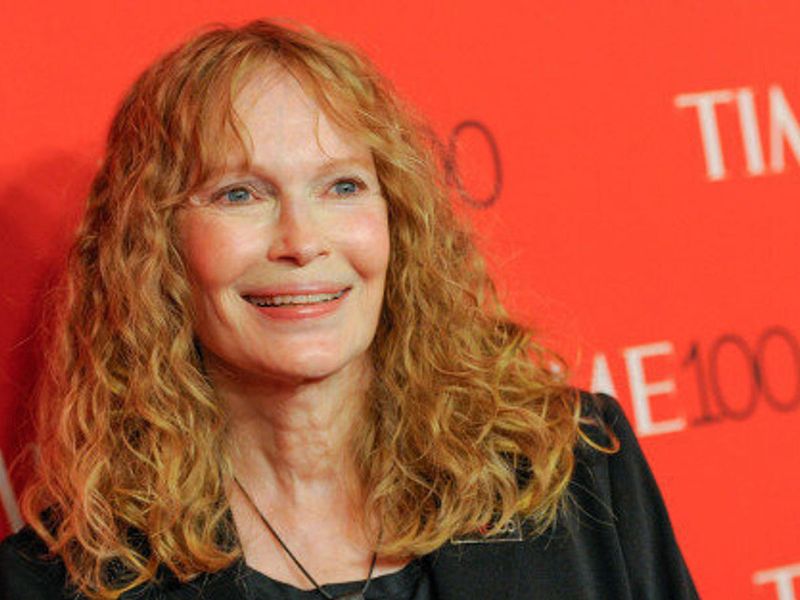
Comedian Jimmy Fallon - Barrymore’s friend and former co-star who is married to her producing partner, Nancy Juvonen - said in an email that the “smart and well-read” star can “have a conversation about basically anything."
A talk-show host himself, he added that she “knows how to put on a good show and make sure everyone is welcome at the party.”
Barrymore, speaking to Gordon-Levitt about growing up on sets, says she considers the camera her 'friend.'
She naturally approached the studio as a safe space and wants her guests to feel that way, too.
But the camera hasn’t always been a kind friend to Barrymore. Born into an industry family and famous after starring in 'E.T.' at age 6, she began to battle substance and alcohol abuse and entered rehab at 13.
The next year, she was emancipated from a mother who used to take her to Studio 54. As a young teenager, Barrymore gave a detailed account of the circumstances surrounding her substance abuse to People magazine, a move the Los Angeles Times described at the time as 'a pre-emptive strike against the tabloid press.'
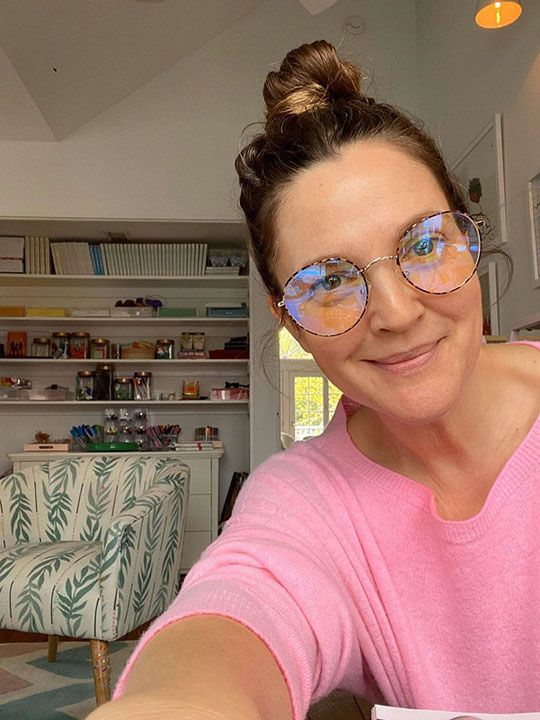
The magazine reporter, Todd Gold, told the Times that the push for Barrymore to do the 1989 cover story came from therapists who thought it to be a positive way for her to handle all the attention.
“From now on she can say, ‘Yes, I have a problem, I’ve talked about it’ ... and put it behind her,” Gold said.
More than 30 years later, Barrymore still has no trouble doing interviews. She enjoys them, in fact. When a CBS publicist knocks on the dressing room door to signal that time is almost up, Barrymore brushes it off. (When it really matters, she says, they barge right in.)
She embraces speaking to the press as a chance to test her boundaries. “What does feel good? What doesn’t feel good? It’s trial by fire, and that’s life,” she continues.
“So why hide behind shame? I’ve never had the luxury of it. Not since I was 13.”
And yet, having written more than one memoir - the first, 1991s 'Little Girl Lost,' alongside Gold and another, 2015s 'Wildflower,' on her own - Barrymore recognises the power in telling your own story. During the 'Drew’s News' segment of her birthday taping, in which she and her guests run through headlines and read aloud from selected clippings, Barrymore responds to the news of embattled pop star Britney Spears landing a book deal with a knowing expression: “This is smart,” she says.
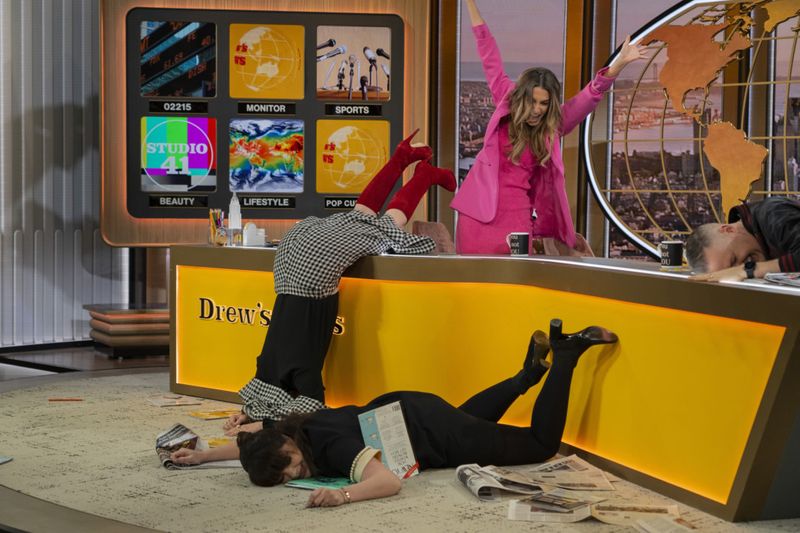
'The Drew Barrymore Show' offers her an opportunity to control the narrative, which she accomplishes by sharing enough about herself to stomp out whatever speculation remains. She doesn’t hesitate to divulge aspects of her personal life, even twice inviting on her second ex-husband, comedian Tom Green.
Speaking to Gayle King on-air last year, Barrymore referred to her 2016 split from her children’s father, businessman Will Kopelman, as “the most devastating thing I’ve ever gone through in my life.” She waited years to start dating again, and her experiences back in the game make for some of the more candid moments on her show. In February, Barrymore told King, a frequent guest, about working up the courage to approach a handsome stranger in Central Park. (Turned out he was 28, too young for her liking.)
Barrymore has also been open about deciding to quit drinking shortly before the pandemic. “I was just like, this thing in your life does not work for you, and you [are] fooling yourself thinking, ‘You’ve got this’ or ‘You will master this one day,’ “ she says. She talked about it on television because, as the journalist Gold made note of years ago, acknowledging a problem in public seems to help her move forward.
“This stuff is so important and fascinating that I can’t imagine trying to say it without saying it,” she adds. “I don’t have a family ... that sweeps [expletive] under the rug. It doesn’t have to be out there in a TMI way, but we cannot fool ourselves or pretend or tread lightly. That’s not the way the world works.”
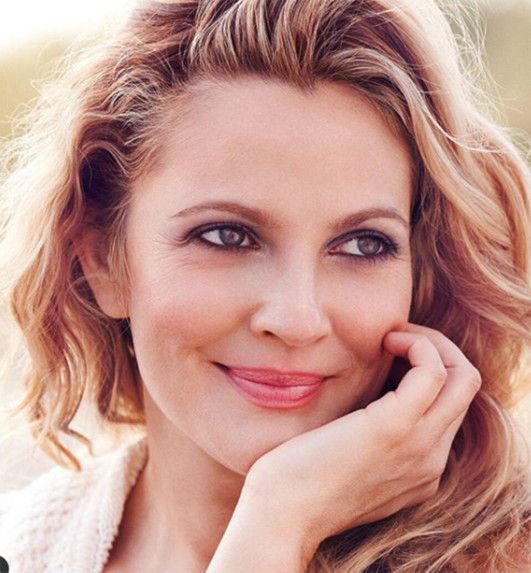
There is one line she draws: “I am a [expletive] Doberman when it comes to my kids.”
She has turned away opportunities for them to appear in commercials - or even on her show - and admits she struggles with figuring out how to bring them along on her unpredictable Hollywood journey.
She expects Olive, 9, and Frankie, 7, to become frustrated with their overprotective mother, but has made peace with the inevitability.
“All the grays that happened in my life are so severely black and white with them,” she says.
“Which I just thought was interesting,” Fresco said. “That was touching to me. Her children were in New York and she was in L.A., but that was her first thought. To me, that’s Drew.”



